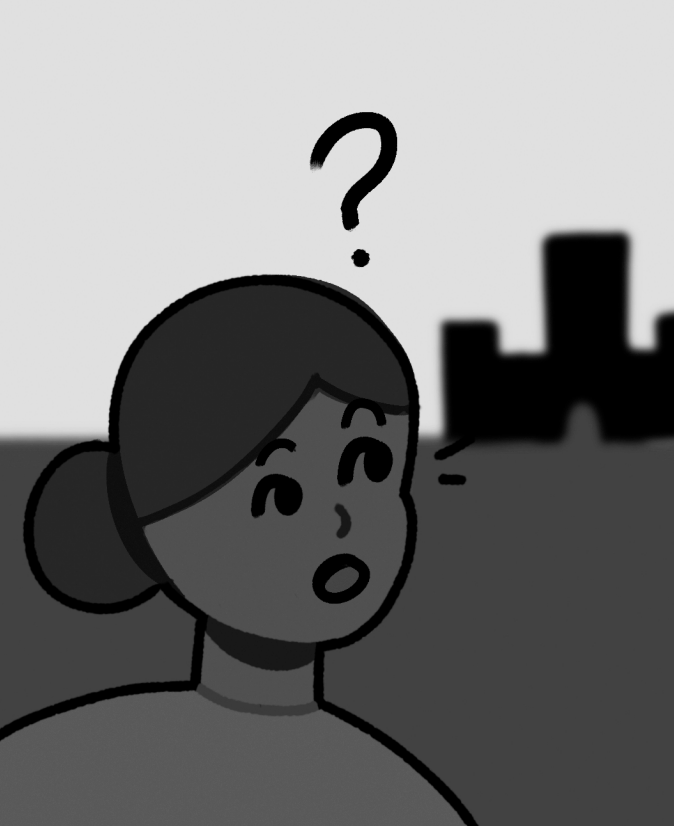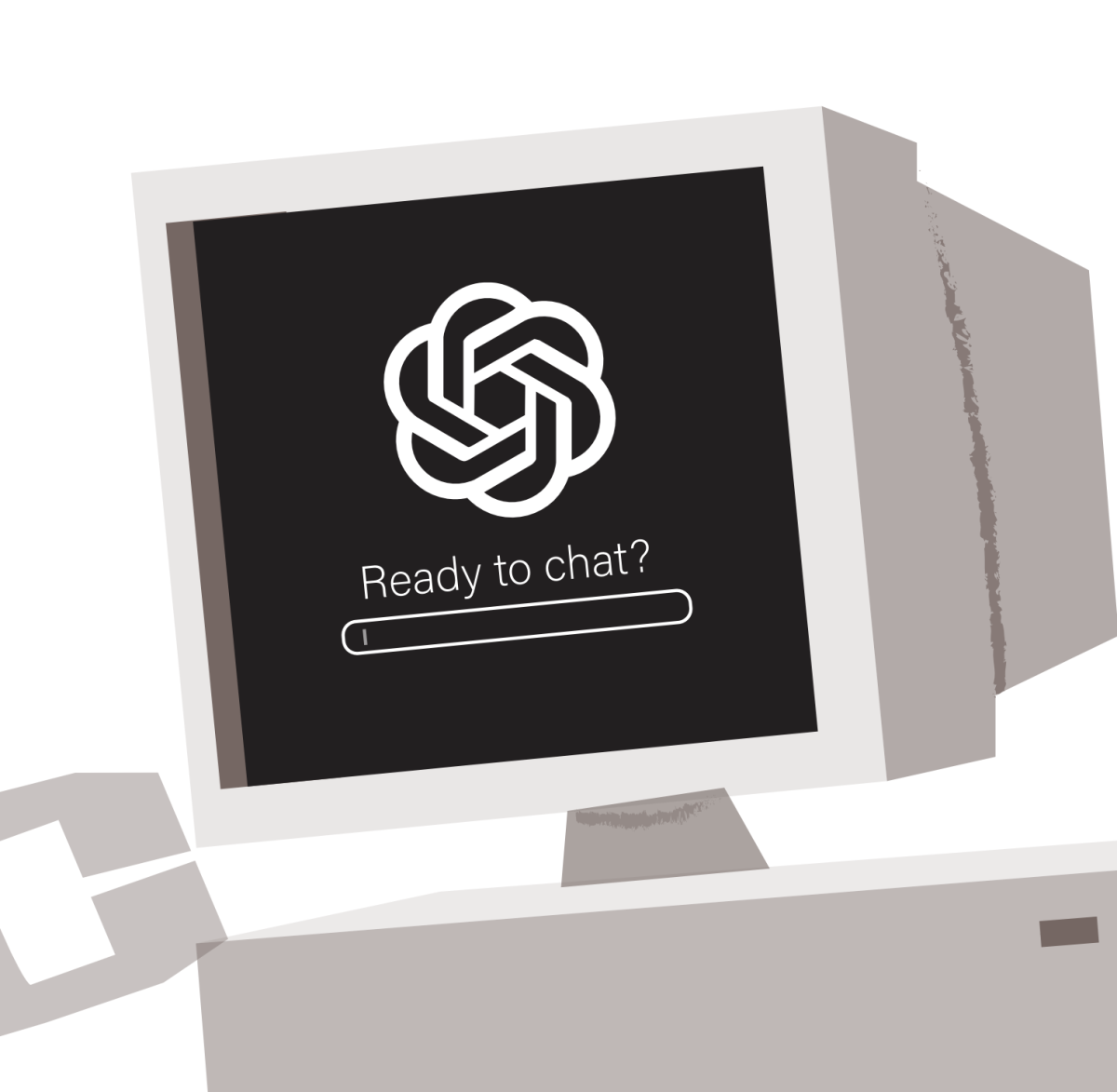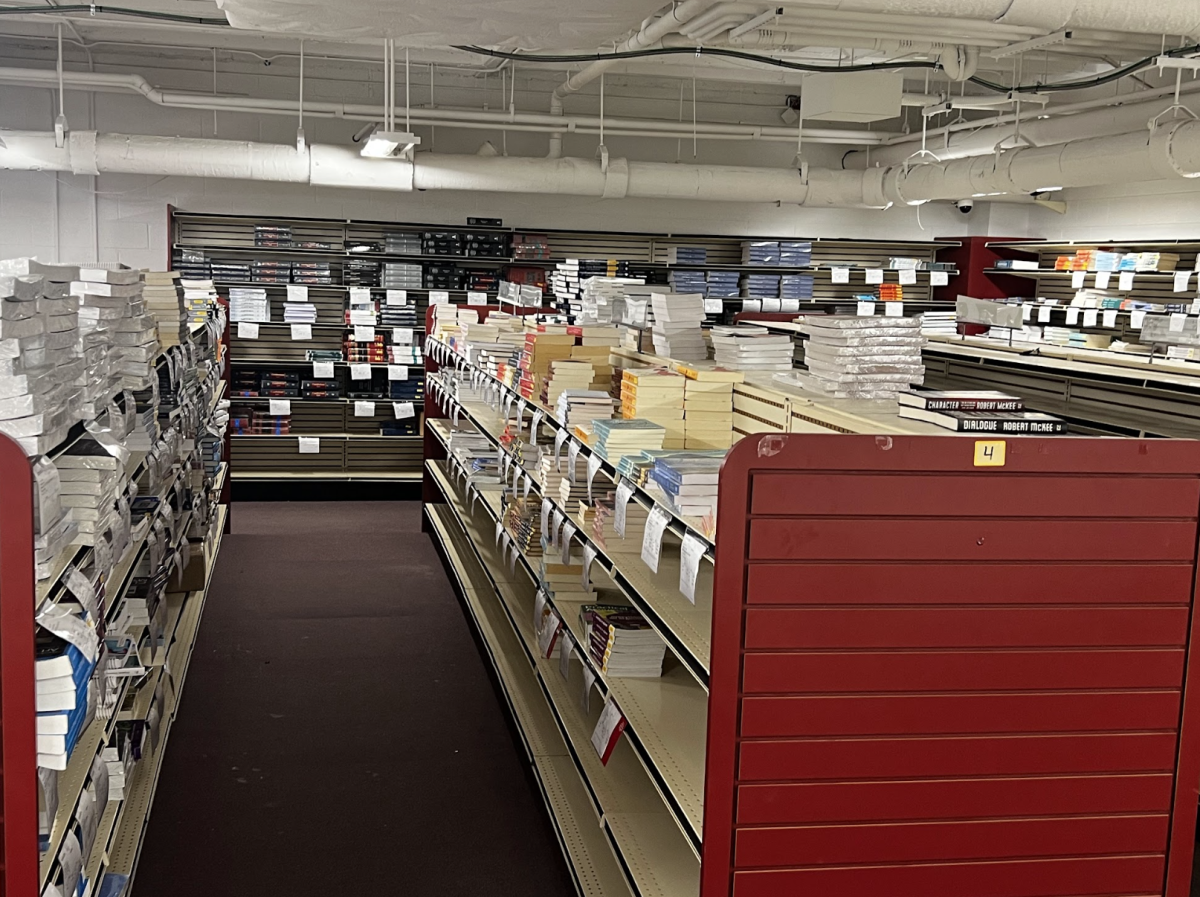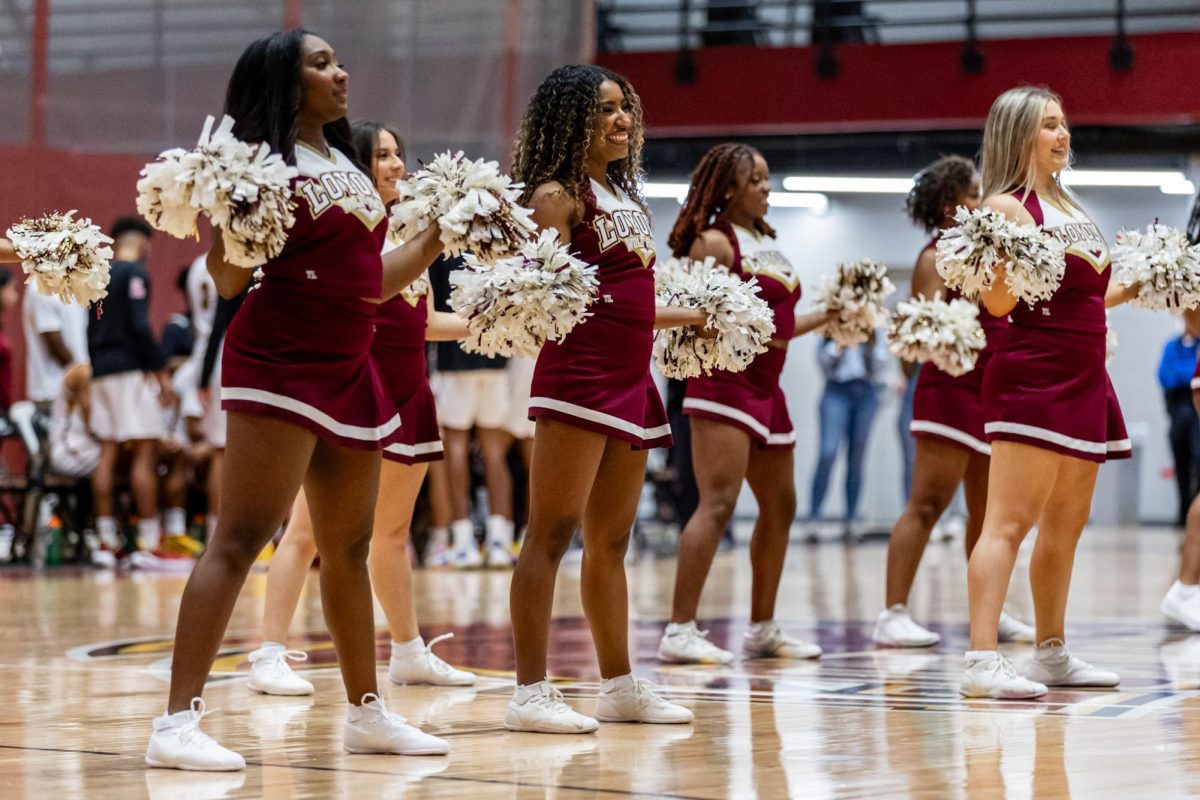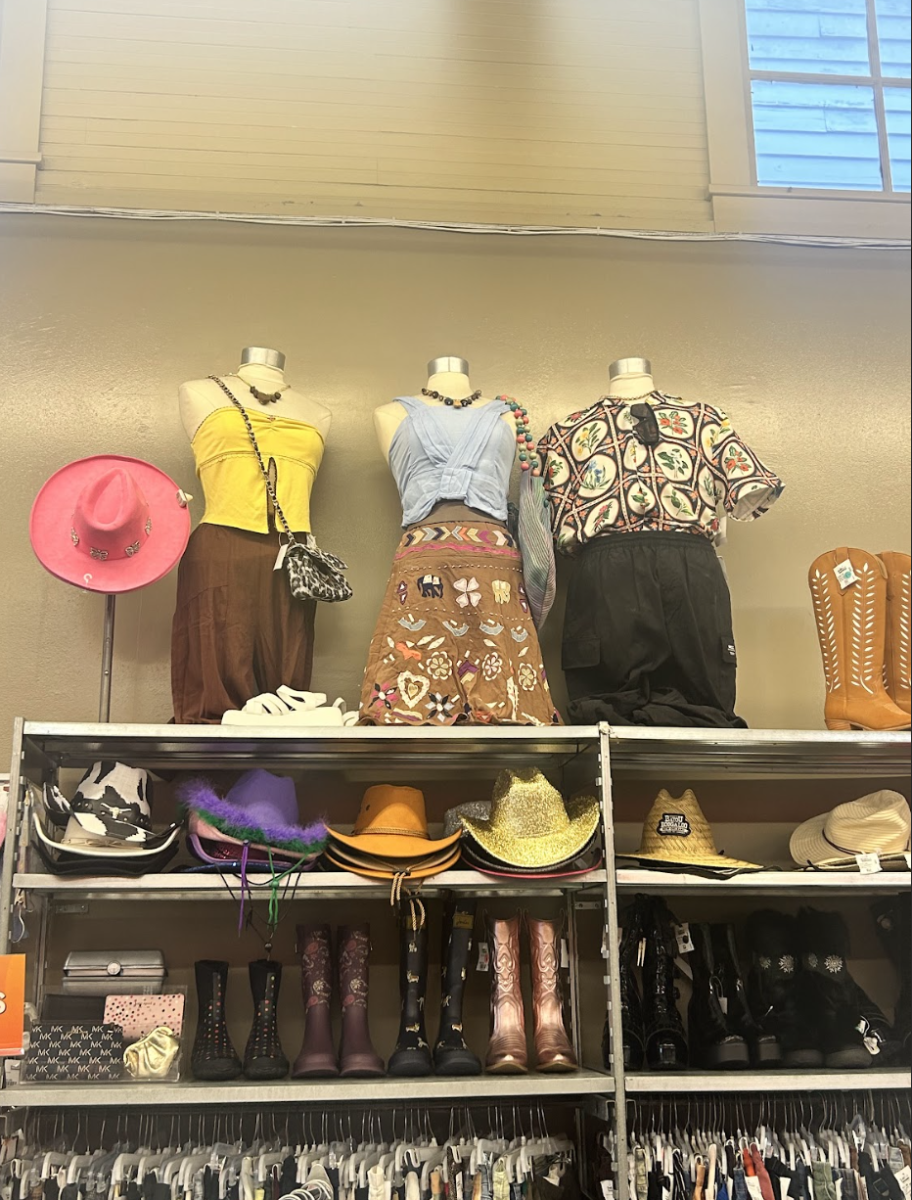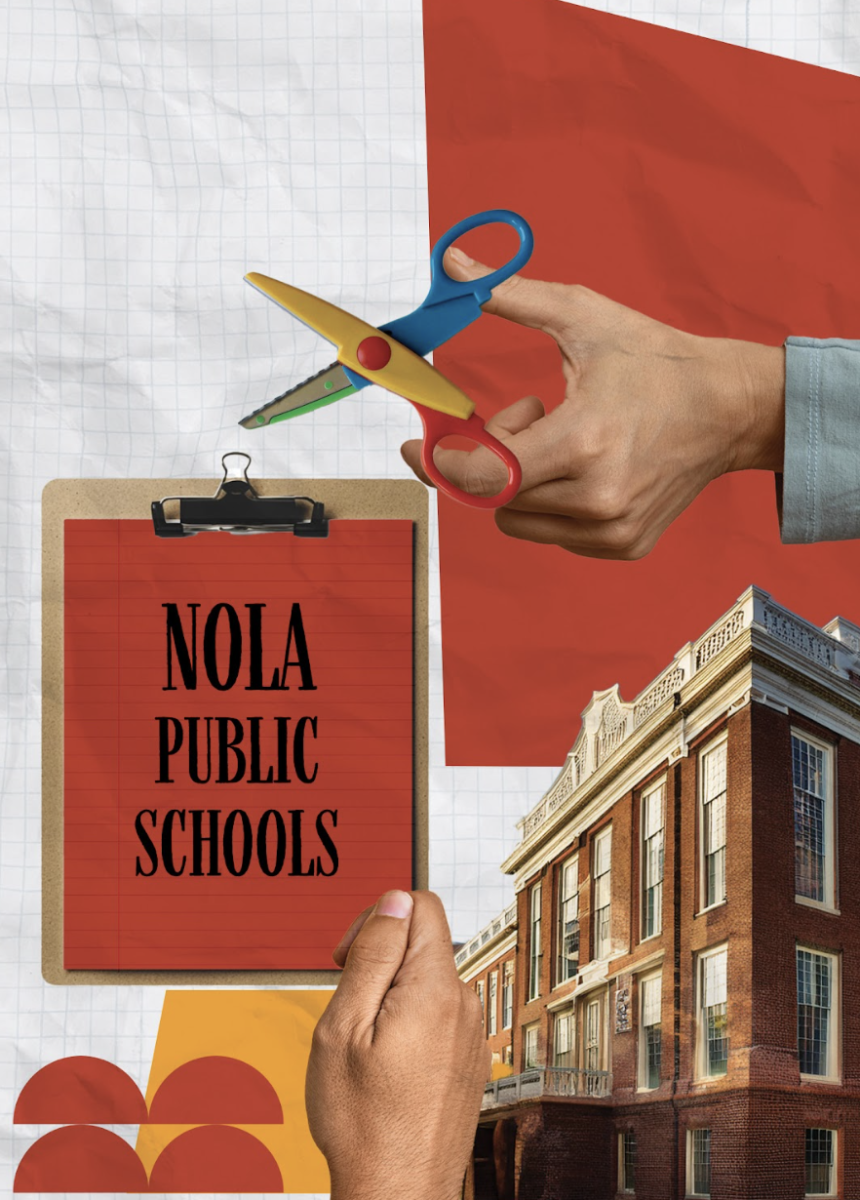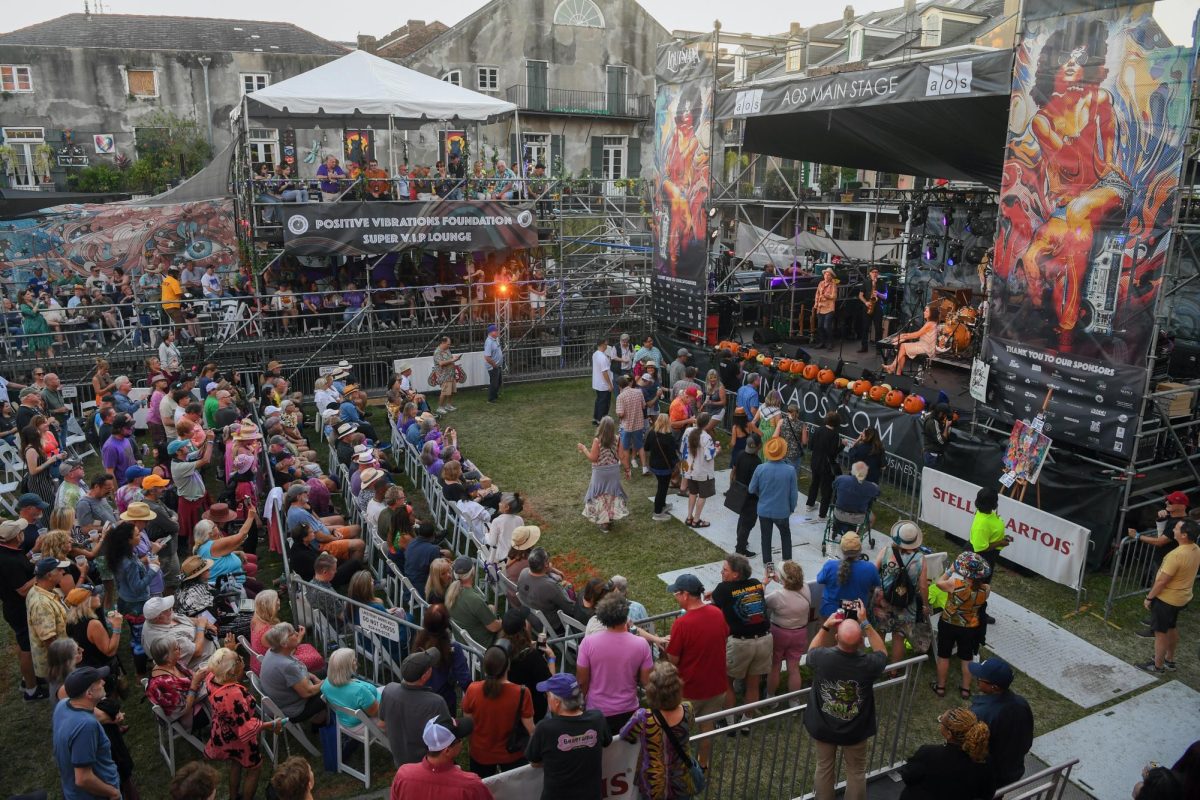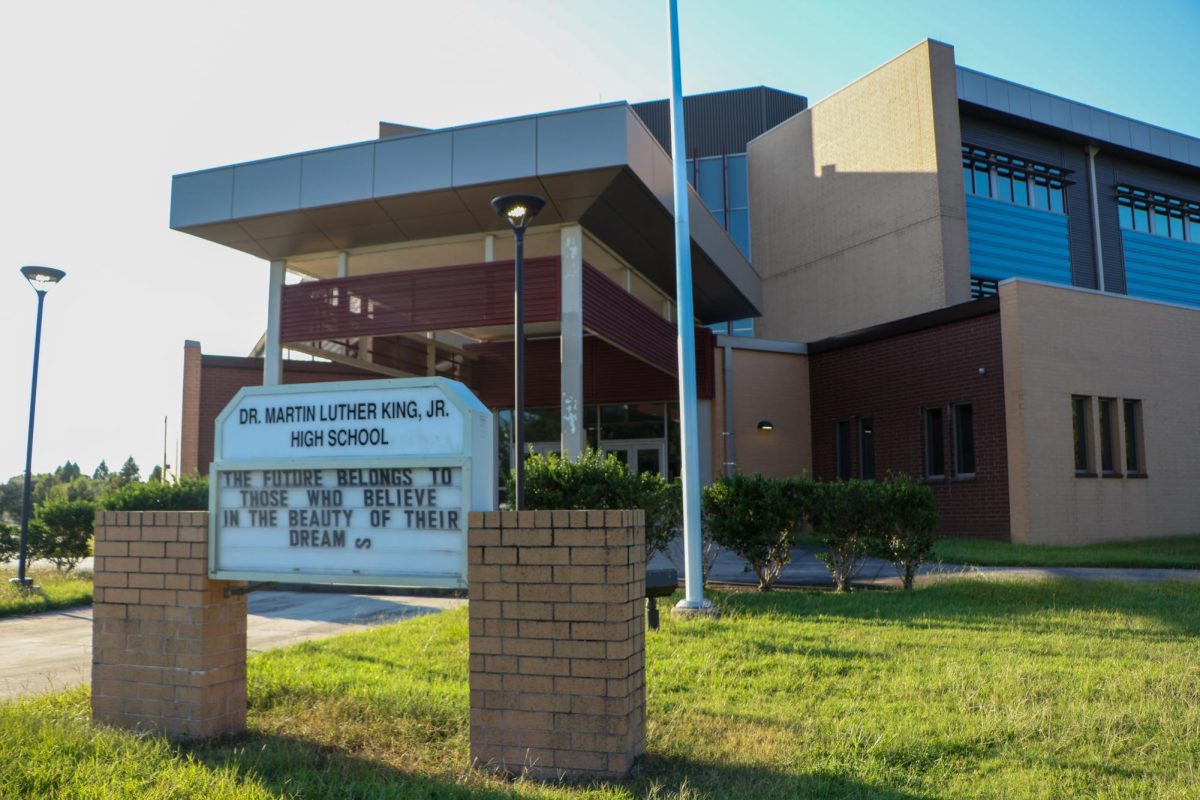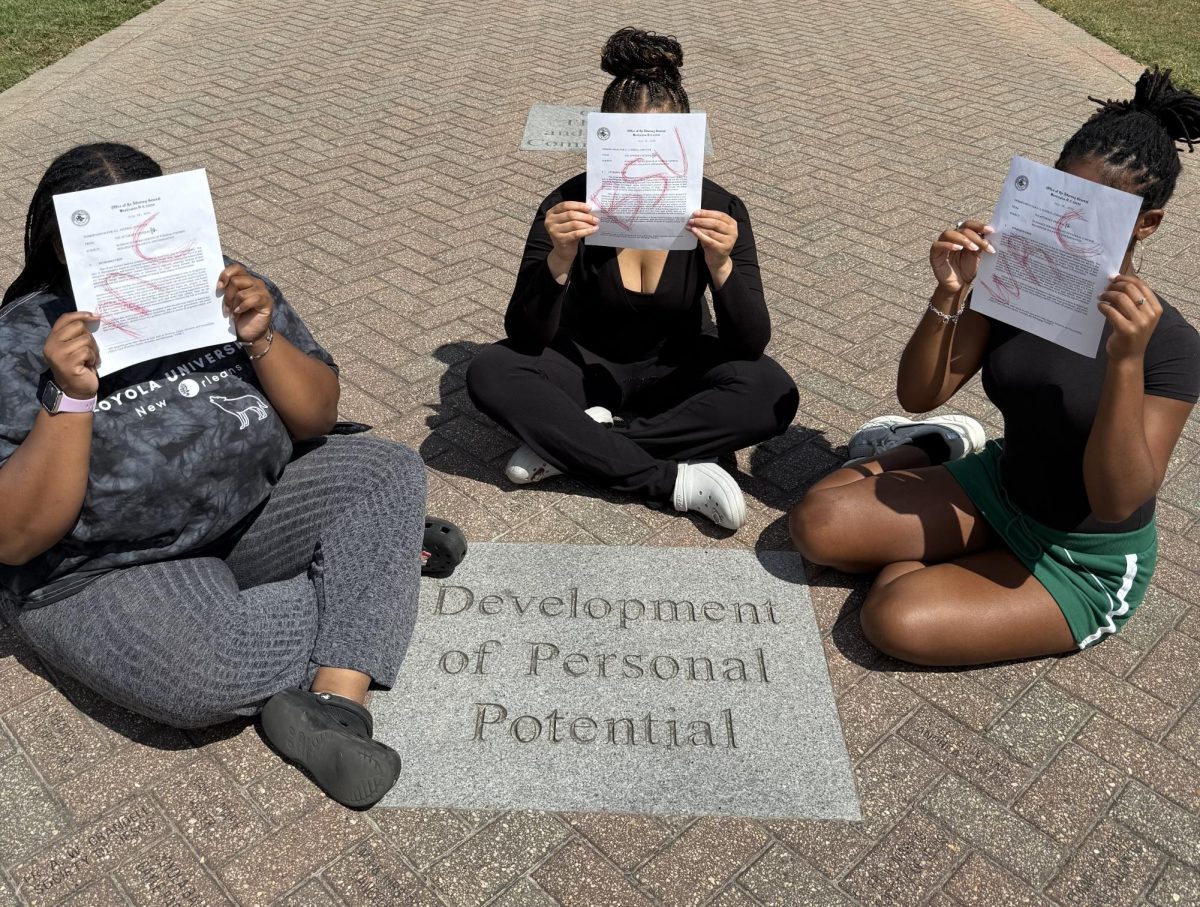Although Loyola’s student body is relatively smaller compared to most campuses, a total of 31% of undergraduates are actually first generation college students. Even with a sizable amount of the student population being in the same predicament as myself, I still couldn’t help but feel isolated on what feels like a different planet.
Upon applying to Loyola, I felt all of the applications and forms were in a different language. The worst part was that I didn’t have anyone to translate them for me. I couldn’t go to my mom, or my dad, or even anyone in my family. I also felt embarrassed to ask my friends who seemed to have it all figured out. I carried this fear of asking for help when I needed it most. The college system is built for those with parents who’ve done it before, leaving first-gen students at a disadvantage.
Despite this fear, I spoke up. And when I did, I discovered what felt like an endless stream of resources and support at Loyola. The Student Success Center, Krewe Chats, as well as the people around me were some of the most helpful resources in surviving my first two weeks of college.These programs help and they level the playing field. Without them, first-gen students slip through the cracks.
The Student Success Center is a great way to find field related jobs as well as internships. It really helped me become excited about my future and how I could spend it. More specifically, Handshake was a huge motivator in pursuing my major. Seeing all of the possibilities available to my field of study made it all seem that much more real, and that much more attainable. The student success center also caters to first generation students through providing career and academic advisors. As great as these resources are, my personal favorite would have to be the OWLS tutoring services. OWLS is a free program available to all Loyola students. Flexible hours and a variety of tutoring in most courses made it extremely easy and accessible.
In addition to the Student Success Center, one of the most valuable support systems are the Krewe Chats, most importantly, the people in them. As uncomfortable as it was to sit through what felt like an eternity of painfully silent icebreakers, I was able to find myself becoming comfortable with being uncomfortable.
The typically gauche exchanges of, “My name is … What’s your major?” were more often than not, pleasantly, followed by genuine conversations with some of the most welcoming and intelligent people I’ve ever met. The icebreaker miraculously seemed to work. Striking up conversation over even the simplest things such as, “I like your piercings, let’s walk together!” made this new world become a little more familiar. By just getting out of my comfort zone I was able to explore and figure things out alongside other people who were trying to figure out the same thing.
After the first day, the isolation faded and seemed to disappear into thin air, as if I never felt it. Feeling a sense of community and support changed my outlook on “college life” and the new college “world.” Without that initial discomfort and fear, I wouldn’t have been able to branch outside of the close-minded world I kept myself captive in. Such short lived awkwardness and uncertainty was worth the long term support and community here at Loyola. The amount of resources and support provided by both the university as well as the people around me have made the transition into college-life much more bearable, but most importantly, enjoyable.


